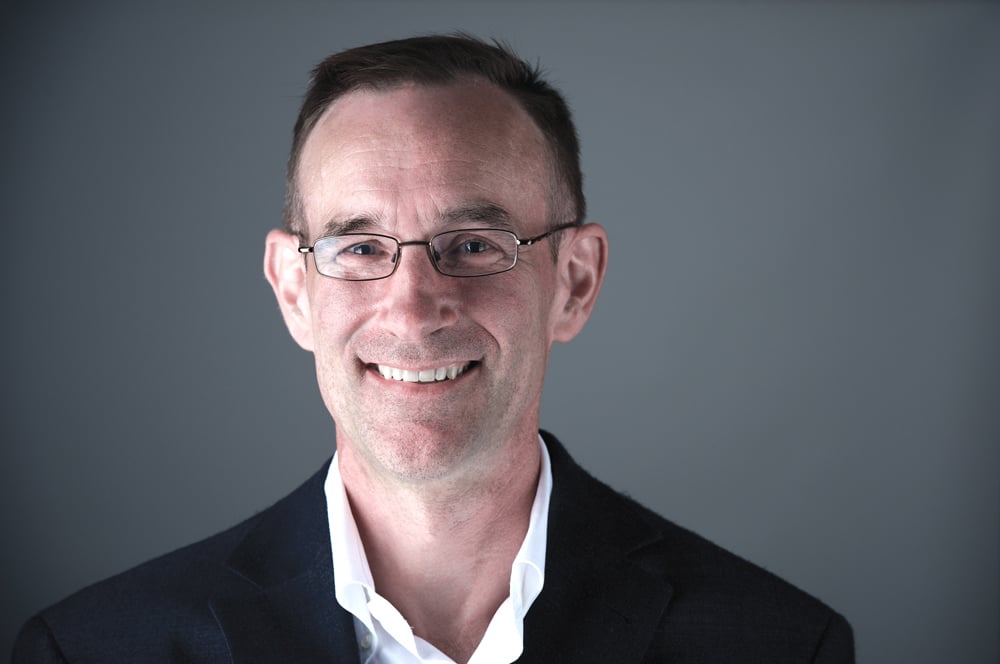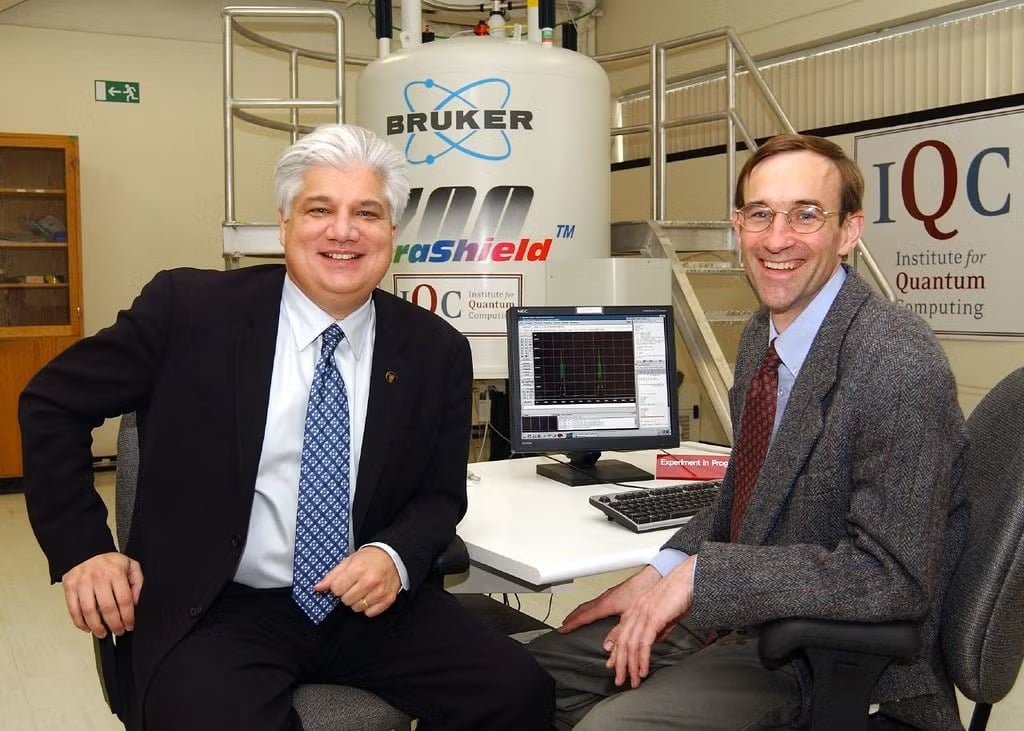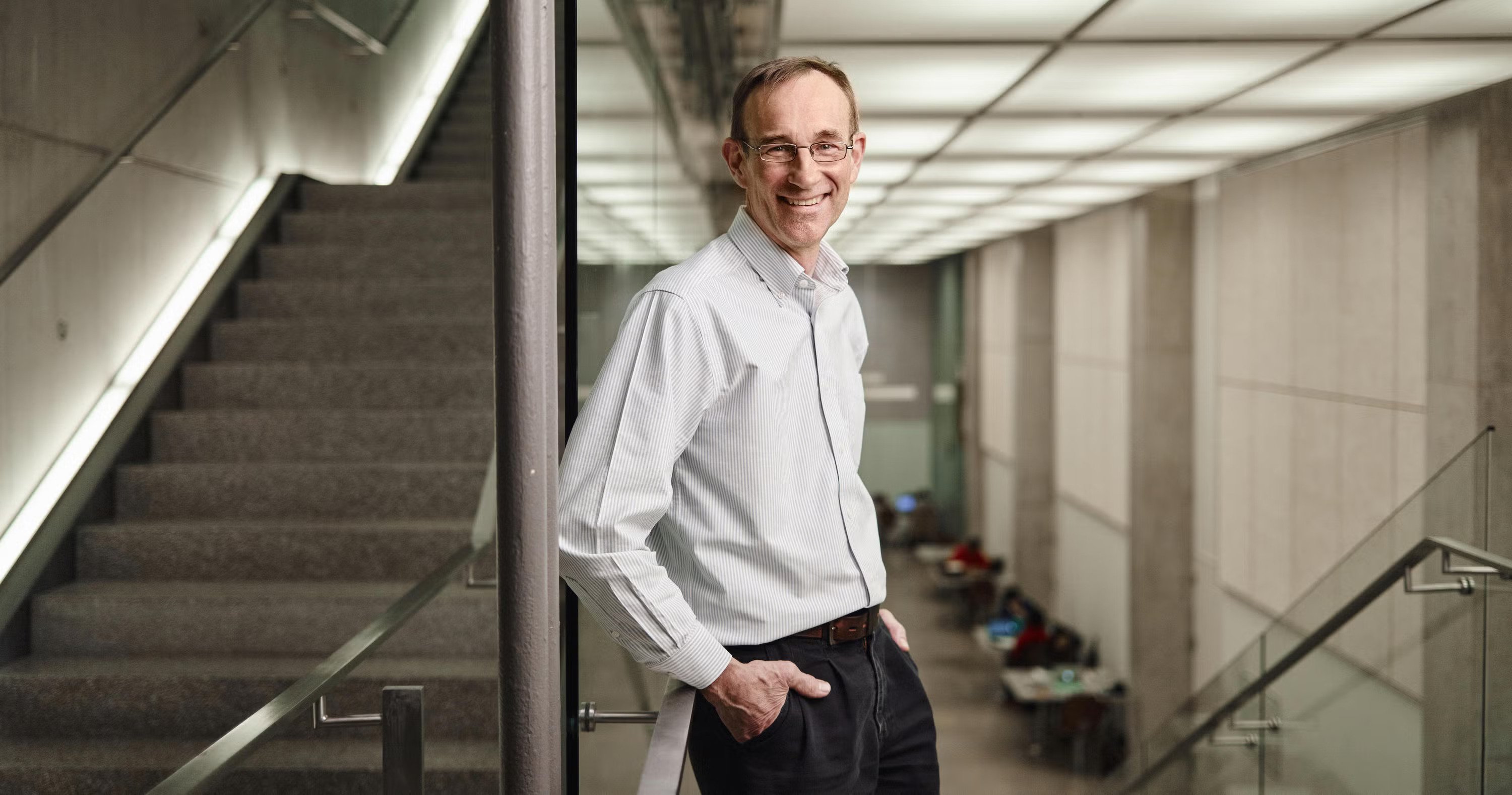Ray Laflamme was a giant.
He was a remarkable scientist who helped jumpstart the global quest for quantum computing. He was an institution builder extraordinaire, who took on the risky project of creating not one, but two, institutes from scratch. And he was a leader and mentor, nurturing an entire scientific ecosystem, right alongside the young scientists who will be its future.
But these accomplishments alone do not do justice to the man. Laflamme brought a spark, and a vision, and a quiet, thoughtful, humble sense of direction to everything he touched.
“Ray Laflamme had an incredible impact on what Perimeter Institute is today” said Perimeter Executive Director Marcela Carena. “I had the good fortune to meet Ray the day of my arrival to Perimeter last November and to interact with him after that. From the very first time we spoke it was clear to me that he was not only an outstanding scientist, of whose work and amazing achievements I knew already much about, but also a caring and engaged colleague, passionate about life.”
Born in Quebec City in 1960, Laflamme’s coming of age was concurrent with Quebec’s Quiet Revolution, a transformative period for his place of birth. Transformative moments would come to define Laflamme’s life, more often than not brought about by his own influence, especially in the world of physics.
In an early example, Laflamme earned the rare distinction of having changed the mind of renowned cosmologist Stephen Hawking.
As a bright, industrious student, Laflamme had earned a spot as Hawking’s PhD student at the University of Cambridge in 1984. Hawking was toying with models of the universe in which everything contracts instead of expands, and he believed, in its first iteration, that this model required the direction of time to reverse as well.
Laflamme, alongside Canadian physicist Don Page, helped Hawking realize that time must keep ticking on, even in a contracting universe. In Hawking’s words, Laflamme “showed me that the arrow of time is not a boomerang.”
It’s a claim to fame that would make any physicist’s career. But amongst Laflamme’s many accomplishments, it was a mere footnote. A promise of things to come.
Laflamme truly made his mark not in cosmology but in the world of quantum computing. Even before most households owned personal computers, he was early to recognize the potential of quantum mechanics for information science, computing, and even cybersecurity. Those interests brought him to the Los Alamos National Laboratory in New Mexico, where, throughout the 1990s, he carried out some of the foundational work in the now burgeoning field of quantum computing.
When Mike Lazaridis, co-founder of Research In Motion (RIM) and the inventor of Blackberry, set out to build a brand new institute for theoretical physics in Canada, Laflamme was high on the list of possible scientists to recruit. Laflamme already had a track record of making breakthroughs, and Perimeter Institute was intended to do just that – to make discoveries that would drive the technology of tomorrow.
But Laflamme was not easy to reach. When Perimeter’s first director, Howard Burton, came to call, Laflamme feared he was an FBI agent come to check that Laflamme was not a security risk, letting foreign visitors into his high-security lab. He turned Burton away.
Eventually, Burton landed a meeting at a café offsite, where he made his case. Laflamme admitted that the whole thing seemed a bit out of left field, with the new institute barely more than a name and an idea. But in the end, Laflamme saw the potential. He arrived at Perimeter in 2001, ready to make breakthroughs.
Laflamme’s experience taught him, however, that physics works best when theorists and experimentalists collaborate, tossing problems back and forth to advance the field. As part of the agreement to come to Waterloo, Laflamme wanted to foster an ecosystem for such a collaboration.
Lazaridis agreed. What’s more, he trusted Laflamme to lead the effort, making him director of the soon-to-be-opened Institute for Quantum Computing (IQC) at the University of Waterloo, just down the road from the theorists at Perimeter.
IQC and Perimeter were both gambles. They both might have come to nothing. As it turns out, they thrived side-by-side. And Laflamme played no small part in that success.
“Ray was both an exceptional scientist and an extraordinary human being – someone who inspired those around him and exemplified the best of our community,” said Perimeter founding faculty member and Director Emeritus Robert Myers. “Ray and I came to Waterloo together in 2001, drawn by Mike Lazaridis’ bold vision to make Canada a global leader in physics. It’s easy to forget what a bold gamble that move – and the focus on quantum computing – was at the time. Ray was essential to the success we’ve achieved at Perimeter and IQC and also in establishing quantum science as a national strength for Canada.”
In those early years, Laflamme once reflected that the job was really one of salesmanship – people needed convincing that quantum computing could be made a reality. Skeptics were not sure it was even possible to build a machine that harnessed the power of quantum physics. So Laflamme set out to create prototypes, proofs of concept that showed the principles of quantum computing were sound.
In 2005, he was behind an early quantum computing milestone, developing a quantum information processor with 12 qubits – at the time, the world’s largest.
Since then, it has been a question of scaling up, and now quantum computing is on the lips of world leaders and innovators worldwide. Computing is no longer the sole focus. Quantum tools for sensing, for communications, and for cybersecurity are all under development.
It’s an impossible thing to quantify, but there is no doubt that Ray had a hand in getting this technological revolution off the ground. His many awards and recognitions tell this tale. A Fellow of the Royal Society of Canada, an Officer of the Order of Canada, winner of the CAP-CRM Prize in Theoretical and Mathematical Physics, and a Queen Elizabeth II Diamond Jubilee Medal. The list goes on.
Yet his friends, colleagues, and students remember him best for who he was. Kind, endlessly engaging, supportive, and passionate, he made everyone feel welcome. He loved cycling and hiking, and had a full life ‘outside the mind’ as well as in it.
He was a storyteller too, and lightened rooms with jokes and yarns. In Laflamme’s transformative life, it was his ability to transform every room he walked into, and every student he mentored, that left a lasting mark.
Perimeter Institute, and the physics community writ large, has lost a dear friend and a brilliant scientist. Raymond Laflamme will be remembered with fondness. He leaves behind an enduring spirit of adventure that all who knew him loved and admired.
In his memory, we carry on.
About PI
Perimeter Institute is the world’s largest research hub devoted to theoretical physics. The independent Institute was founded in 1999 to foster breakthroughs in the fundamental understanding of our universe, from the smallest particles to the entire cosmos. Research at Perimeter is motivated by the understanding that fundamental science advances human knowledge and catalyzes innovation, and that today’s theoretical physics is tomorrow’s technology. Located in the Region of Waterloo, the not-for-profit Institute is a unique public-private endeavour, including the Governments of Ontario and Canada, that enables cutting-edge research, trains the next generation of scientific pioneers, and shares the power of physics through award-winning educational outreach and public engagement.



